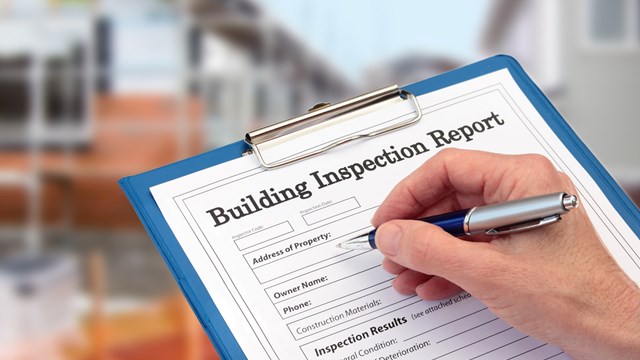I can go into this further but for now what I'd like to know is could the co-op board run into legal problems if we were to present the expenses that this shareholder has cost the co-op at our next annual meeting? Can the shareholders be advised before the meeting? Secondly, can we proceed with any legal action against this objectionable shareholder, dependent on the cost involved?
—Worn Thin
“For the rest of this response, we will assume that the cooperative was the prevailing party.
“There is nothing wrong, per se, with disclosing in the annual financial audits or statements the amount of legal fees and expenses the cooperative has incurred and why (and truthful reference to the litigation and a neutral statement as to the outcome of those cases) would not be defamatory. For example, the annual report could state in a footnote on the expenses that with respect to the legal fees, the cooperative spent $X (out of the total legal expenses for the year) defending [or prosecuting] the case of [insert the name of the case, index number and court].
“If you are counting on that somehow to shame the shareholder into stopping his or her litigiousness, it will probably not be successful.
“If you are looking to remove the shareholder from the building for objectionable conduct or conduct contrary to the nature and best interests of the cooperative, the strongest course of action, if permitted in your proprietary lease, is to ask the board to schedule a special meeting of the shareholders for the purpose of terminating the proprietary lease of the offending shareholder, specifying the grounds in the notice (frivolous, unsuccessful lawsuits, confrontations with other shareholders or building staff, legal costs of $X in Y years, and other grounds), invite the offending shareholder to appear to defend his or her actions, and then, after the shareholder has had his or her say, have the shareholders vote on whether to terminate the proprietary lease. Usually, these shareholder termination provisions require a "super majority" vote (2/3, 75%, etc.). If this shareholder is as bad as you say, you should be able to get enough votes.
“Another method is to have the board vote to terminate the proprietary lease of the offending shareholder for objectionable conduct, if permitted under the proprietary lease.”







Leave a Comment